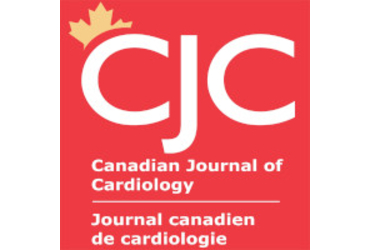Background and aim :
In acute myocardial infarction complicated by cardiogenic shock (CS), up to 80% of patients present with multivessel coronary artery disease. Currently, the best revascularization strategy is unknown. Therefore, a prospective randomized adequately powered clinical trial is warranted.
Study design :
The CULPRIT-SHOCK study is a 706-patient controlled, international, multicenter, randomized, open-label trial. It is designed to compare culprit lesion only percutaneous coronary intervention (PCI) with possible staged non-culprit lesion revascularization versus immediate multivessel PCI in patients with CS complicating acute myocardial infarction. Patients will be randomized in a 1:1 fashion to one of the two treatment arms. The primary efficacy endpoint of CULPRIT-SHOCK is 30-day mortality and severe renal failure requiring renal replacement therapy. Secondary outcome measures such as hemodynamic, laboratory, and clinical parameters will serve as surrogate endpoints for prognosis. Furthermore, an intermediate- and long-term follow-up at 6 and 12 months will be performed. Safety endpoints include the assessment of bleeding and stroke.
Conclusion :
The CULPRIT-SHOCK trial will address the question of optimal revascularization strategy in patients with multivessel disease and acute myocardial infarction complicated by CS. Trial registration on ClinicalTrials.gov NCT01927549.






